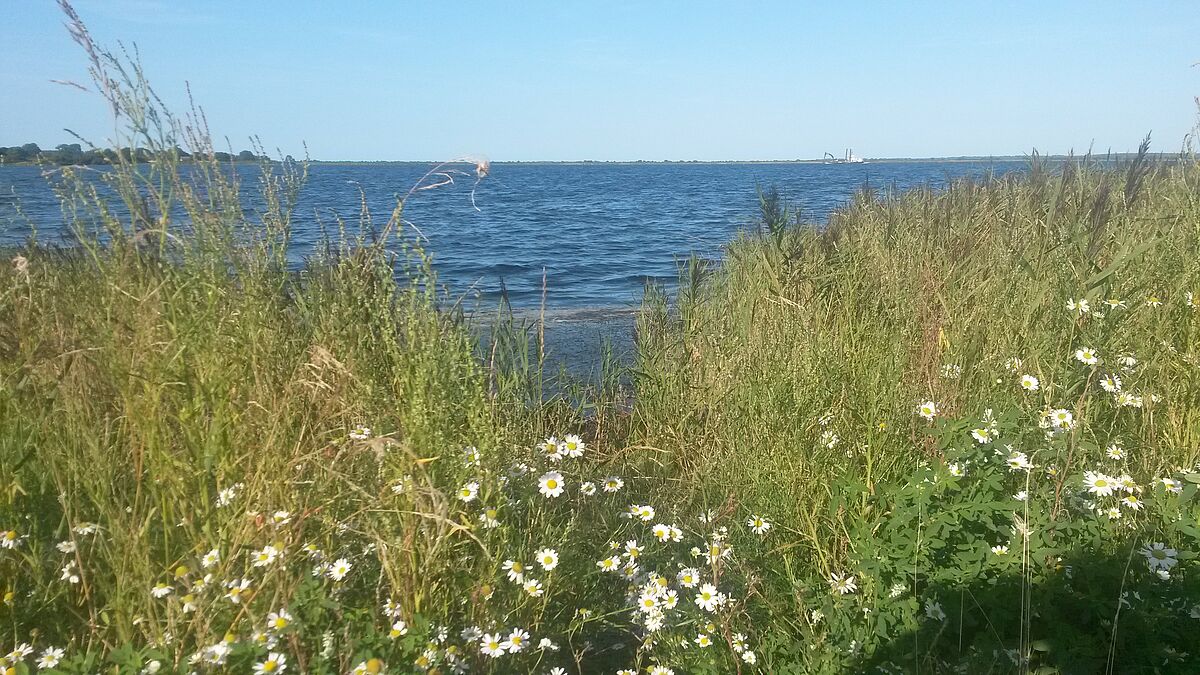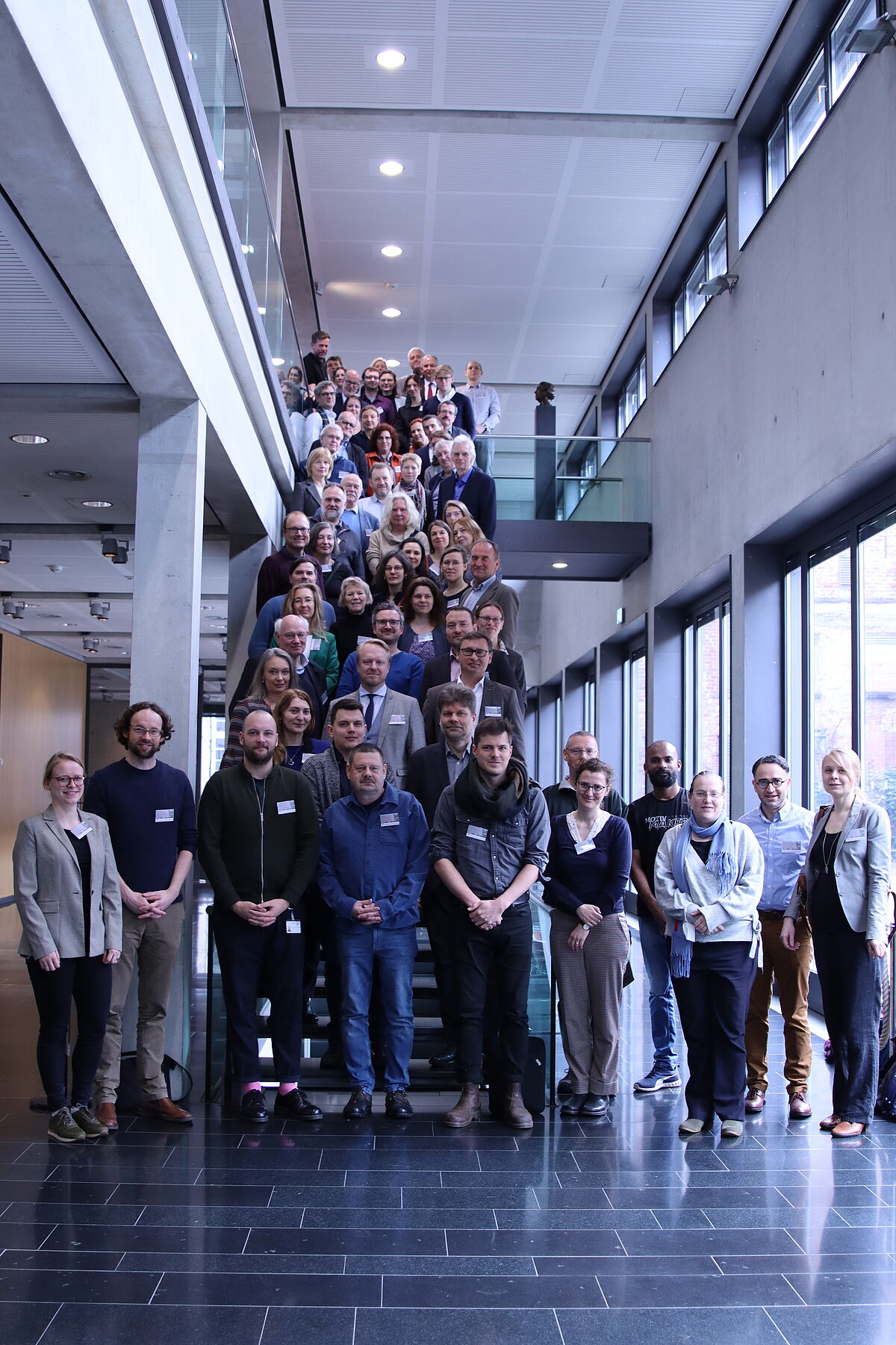Research Consortium "Think Rural!"

Since 2011, researchers from various disciplines of all faculties have been working together on the the topic rurality at the University of Greifswald. I.a., the disciplines involved are medicine, psychology, health economics, economics and criminology, political science, geography and theology.
In the consortium, joint projects of basic research on rural areas as well as applied cooperations are planned and carried out. The research groups have developed a number of practical solutions in their work, such as the Community Medicine Nurse, De Führn Dokter, transport infrastructure projects, training concepts, prevention programs for rural areas or projects for social rural development.
International Conference 23 - 25 March 2023 in Greifswald

"Think rural in the Baltic Sea Region" - in this heading two research foci of the University of Greifswald find each other, which at the same time reflect Greifswald's geographical location: Rural and peripheral is the location of Vorpommern, at least from a German perspective, while the central role of the University of Greifswald in the Baltic Sea Region has a distinctly long tradition.
"Think rural in the Baltic Sea Region" - under this heading, researchers from very different disciplines came together from March 23-25, 2023. The starting point was formed by various current projects of the research consortium "Think rural" and the Interdisciplinary Research Center Baltic Sea Region (IFZO). Supported by the DFG, the BMBF and the Alfried Krupp Wissenschaftskolleg Greifswald, the participants discussed issues like health care, churches and crime in peripheral regions around the Baltic Sea. Further topics were politics, economics and demography of rural Baltic Sea regions as well as spatial constructions, art and music. Various excursions to rural health care providers, churches and nature conservation projects opened the floor for discussions with practitioners.
In his evening lecture, human geographer Michael Woods demonstrated that territorial inequalities and notions of spatial justice can shape the future of rural regions in very different directions. Here, the very different strands of the conference came together: Readily available emergency medical care affects rural perceptions as much as demographic trends, the activities of church communities, or energy supply projects. If science is to help shape rural development in a positive direction, two things appear to be decisive: problem situations and approaches to solutions can only be mapped in an interdisciplinary manner and also require the perspective of the people in rural areas. With this understanding sharpened at the conference and with the newly established contacts, the scientists of the research consortium and the IFZO will continue to work according to the motto "Think rural in the Baltic Sea Region".
Conference report (in Swedish).
New Online Dossier "Rural Areas"
An overview of definitions, structures, challenges and opportunities of peripheral regions is provided by the new online dossier "Rural Areas" of the Federal Agency for Civic Education Germany (bpb).
The articles, maps and infographics in the dossier were jointly edited by the bpb and our research consortium "Think rural!". Researchers from the universities of Greifswald and Rostock, the Thünen Institute for Regional Development, the Federal Research Institute for Rural Areas and the Institute for Climate Protection, Energy and Mobility were involved.
